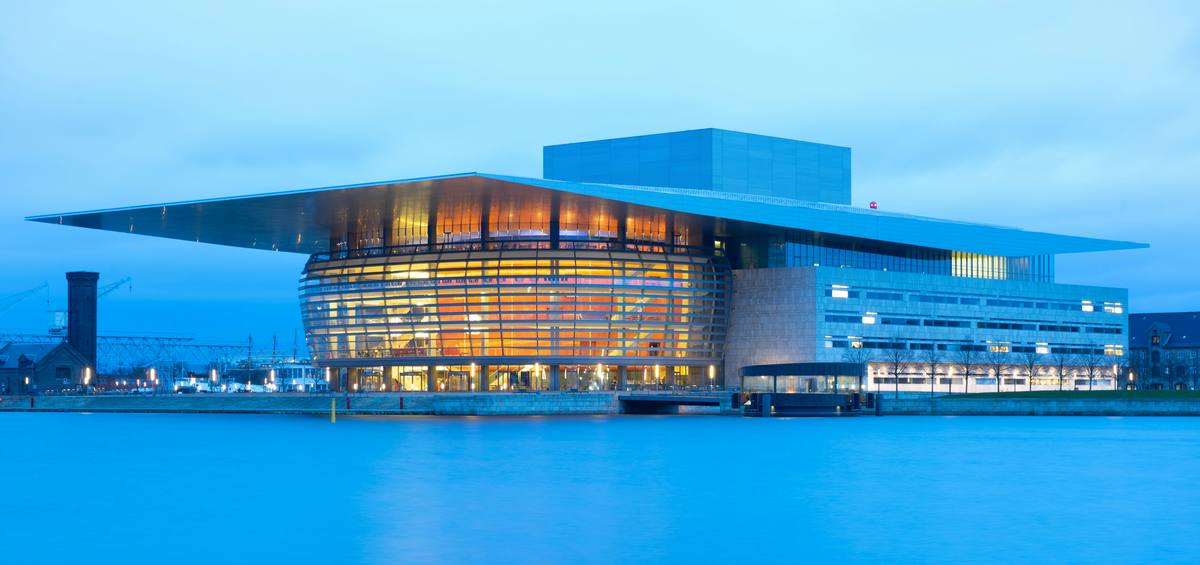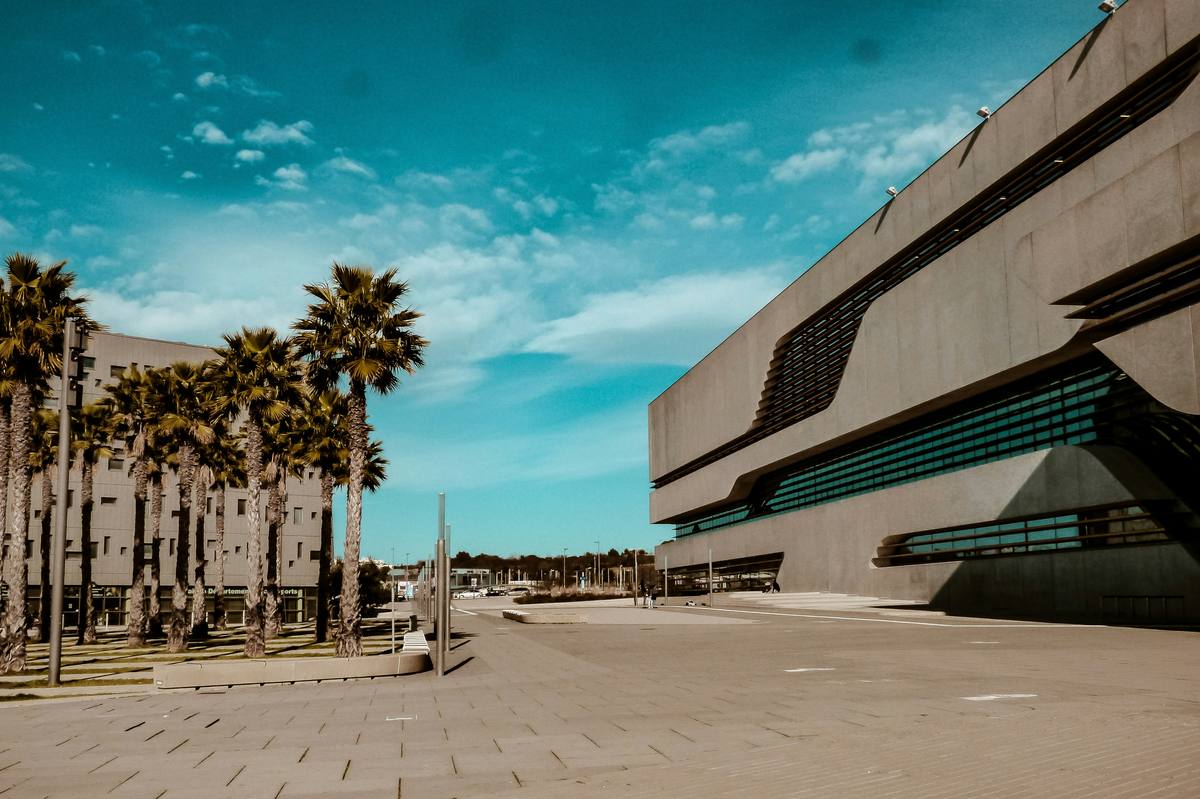Embarking on Your Cultural Center Venture
Welcome to the enchanting world of cultural entrepreneurship! Starting your own Cultural Center can be a thrilling endeavor filled with artistic expression and community spirit. Think of it as cultivating a lush garden where creativity blooms and people eagerly gather to share in the rich tapestry of global traditions. This noble pursuit requires deep passion, keen insight into the arts, and an unwavering commitment to fostering an inclusive environment. Dive into extensive research, embrace collaborations with local artists, and secure a location that resonates with the soulful rhythm of your dream. Let your center become a beacon of enlightenment and joy, where every visit leaves a lasting impression on hearts and minds.
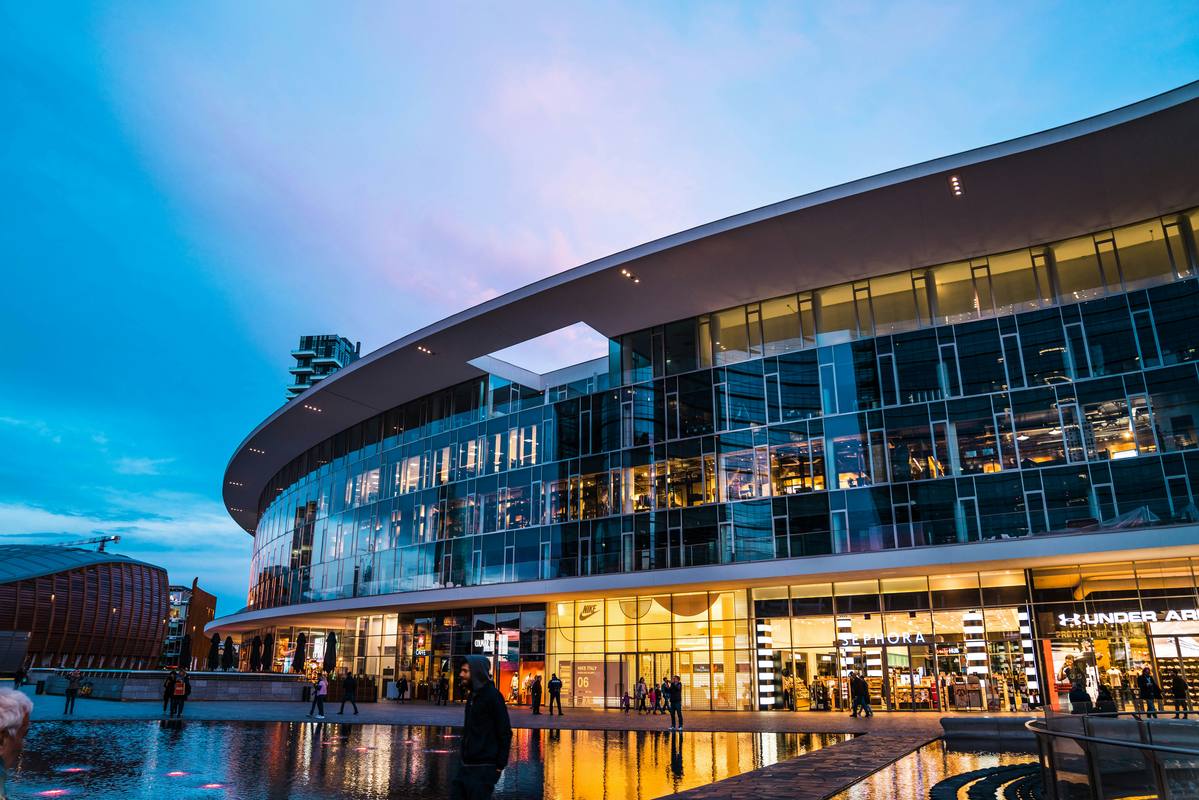
Understanding the Challenges in Starting a Cultural Center
Embarking on the journey of starting a cultural center is much like weaving together a vibrant tapestry that reflects the essence of community and heritage. It comes with its unique set of challenges, often beginning with securing adequate funding. Without proper financial planning, your vision for a bustling hub of culture could remain just that--a vision. Building relationships with donors and exploring grants are essential steps in this process. Remember, it's not only about the money; it's about creating a sustainable model for growth and impact.
Finding the right location is another hurdle to leap over. The space must be accessible, inviting, and versatile enough to accommodate various cultural activities. It should resonate with the spirit of inclusivity and accessibility that lies at the heart of every cultural center. Zoning laws and real estate availability can complicate things further, so it's wise to do comprehensive research before settling on your ideal spot.
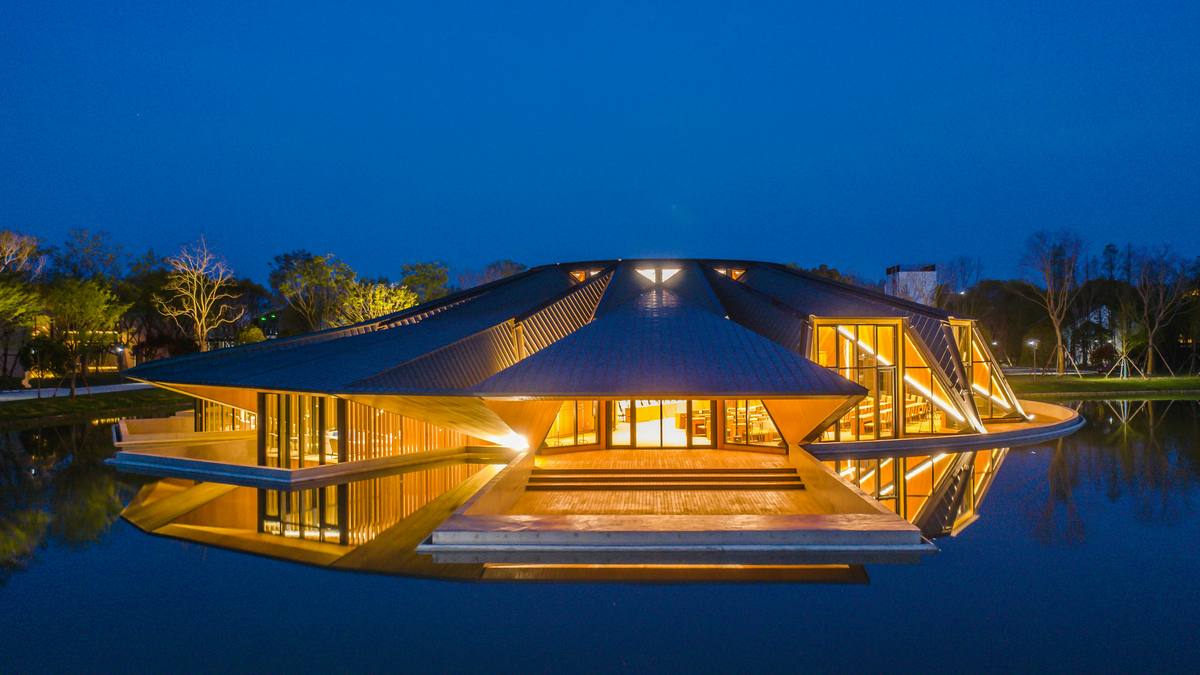
Defining Your Mission and Vision
A cultural center is more than bricks and mortar; it's an embodiment of ideals and aspirations that bring people together. Clearly articulating your mission will guide your path forward and act as the North Star for all decisions you make. Ask yourself what unique narratives you wish to amplify through this platform. How does your vision contribute to enriching the community? How will you measure the success of your cultural programs?
The creation of a meaningful vision involves listening just as much as it does speaking out loud. Engage with local artists, historians, educators, and community leaders to shape a collective vision that resonates with everyone involved. This step will ensure that when doors open, there's already a chorus of voices ready to sing its praises--and what's more powerful than that?

Curating Inclusive Programming
Programming lies at the heart of how to start your cultural center's activities--it's the beat that keeps energy flowing through its spaces. To create programming that celebrates diversity while also engaging broad audiences presents an intricate puzzle to solve. Curate events that educate, inspire, and entertain without being exclusionary or superficial in representation. It's about striking a balance between popular appeal and niche interests that fulfill deeper cultural expressions.
Inclusivity doesn't mean trying to be everything for everyone; rather, it means providing platforms for voices often unheard or overlooked within mainstream channels. To achieve this, establish relationships with cultural groups from different backgrounds who can advise on authentic representation in your programming. The goal is always connection--between cultures, communities, generations, and stories--that fosters understanding and appreciation.
Navigating Legal Requirements
It isn't all about inspiring programs and artistic decor--legal considerations are an unavoidable aspect when considering how to start your venture into cultural entrepreneurship. From obtaining licenses for public events to ensuring compliance with health and safety regulations, each detail requires attention. The last thing you want is for bureaucratic red tape to stifle your creative flame.
Partnering with a knowledgeable lawyer who understands both nonprofit organizations (if applicable) and business law will prove invaluable here. They can help navigate everything from establishing nonprofit status to protecting intellectual property rights for artworks displayed within your center.
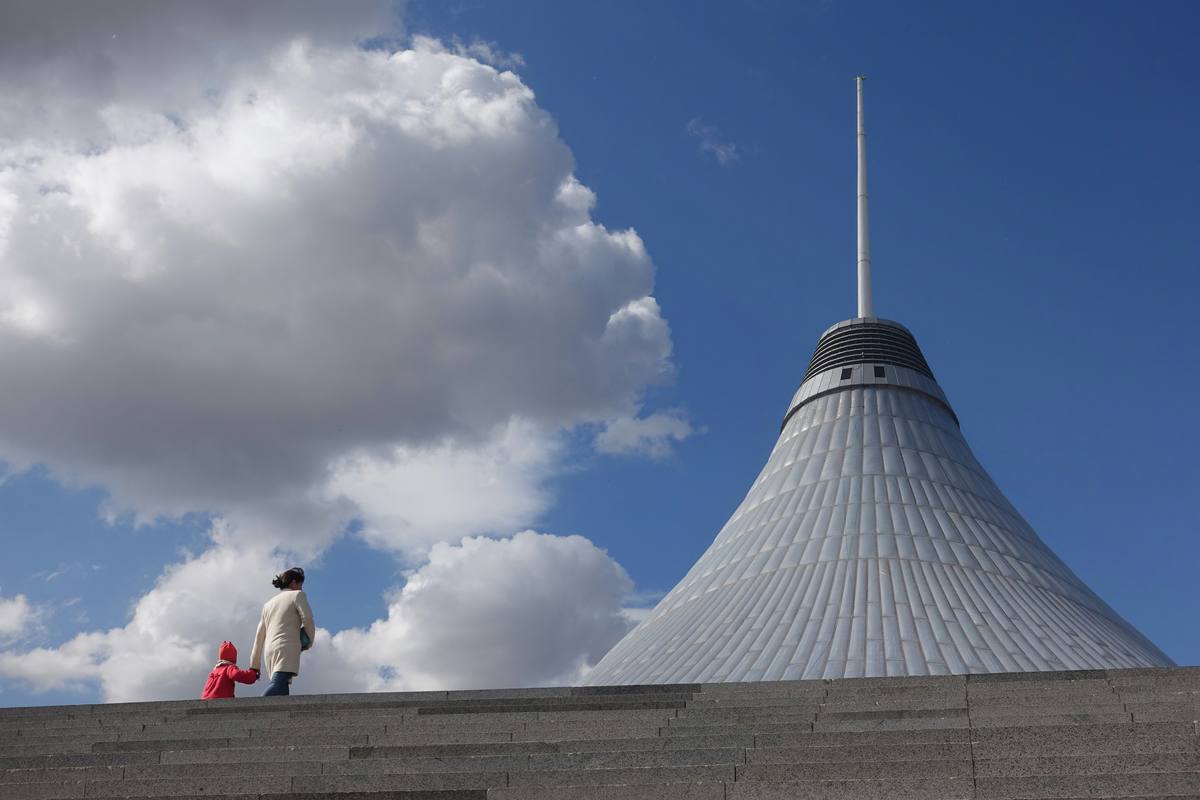
Boost campaigns with 250+ editable templates. Save, reuse, and wield design tools for business growth.
Try it for FREE!Fostering Partnerships With Artists and Creators
The lifeblood of any cultural institution is its artists and creators--the dreamers who bring forth beauty into reality through their work. Engaging with these individuals should be done thoughtfully and respectfully; they're not just 'content providers' but partners in your mission. Ensure they feel valued by offering fair compensation and recognition for their contributions.
Develop a strategy for building long-term relationships with these creators because they will help define your brand identity within the community. Embrace diverse mediums--from visual arts to dance, music to spoken word--to create a dynamic atmosphere within your space that keeps visitors returning.
Marketing Your Cultural Center
A stellar marketing plan will elevate your center from being just another venue on the block to becoming a landmark destination within the community. Start by identifying unique selling points--what sets your cultural center apart? Perhaps it's an innovative approach to intercultural dialogue or maybe exclusive exhibitions from international artists.
Leverage social media platforms not merely as bulletin boards but as digital extensions of the experiences you offer onsite. Share behind-the-scenes glimpses, spotlight artists' stories, or provide sneak previews of upcoming events--all strategized engagements that build anticipation.

Embracing Technology in Operations
In today's fast-paced world where technology reigns supreme, ignoring this facet would be akin to setting sail without wind in one's sails--your journey would be challenging indeed! Implementing modern systems for ticket sales, event management, or even virtual tours can enhance visitor experience significantly while streamlining back-end operations.
An efficient tech setup enables better data collection which can inform future programming decisions based on actual visitor behavior rather than guesswork. Keep abreast of new tech trends that could benefit your center; sometimes innovation arrives where tradition meets technology.
Key Takeaways to Embark on Your Cultural Center Journey
As we wrap up this comprehensive guide on starting a Cultural Center business, it's essential to assimilate the insights and advice that have been shared. The journey of creating a hub for cultural exchange is as challenging as it is rewarding. It embodies a commitment to fostering understanding, creativity, and community engagement. As you embark on this noble endeavor, remember that your passion for culture and community service is the catalyst that will drive your success.
Your journey starts with a solid foundation - crafting a detailed business plan that reflects your vision while being grounded in practical market analysis and financial projections. This blueprint will serve as your roadmap, helping you navigate through the complexities of establishing your Cultural Center. Moreover, securing adequate funding and choosing the right location are pivotal decisions that can make or break your venture. Therefore, consider these elements with great care.
In growing your Cultural Center, building a strong team and fostering partnerships will be invaluable. Collaborate with stakeholders who share your enthusiasm for cultural enrichment. And don't overlook the power of marketing - utilizing both traditional methods and innovative tools to amplify your message within the community and beyond.
- Develop a comprehensive business plan.
- Conduct thorough market research.
- Secure sufficient funding for your project.
- Select an accessible and strategic location.
- Build a dedicated and knowledgeable team.
- Foster partnerships with cultural advocates.
- Implement robust marketing strategies.
- Leverage tools like Desygner for professional marketing designs.
Finally, remember that the success of your Cultural Center hinges not just on its programs and activities, but also on how well you communicate its value to the community it serves. Professional marketing materials can elevate your brand and draw in audiences - Desygner offers an intuitive platform for creating high-quality promotional content yourself. To take the first step towards establishing a vibrant cultural presence in your community, sign up at Desygner today.
